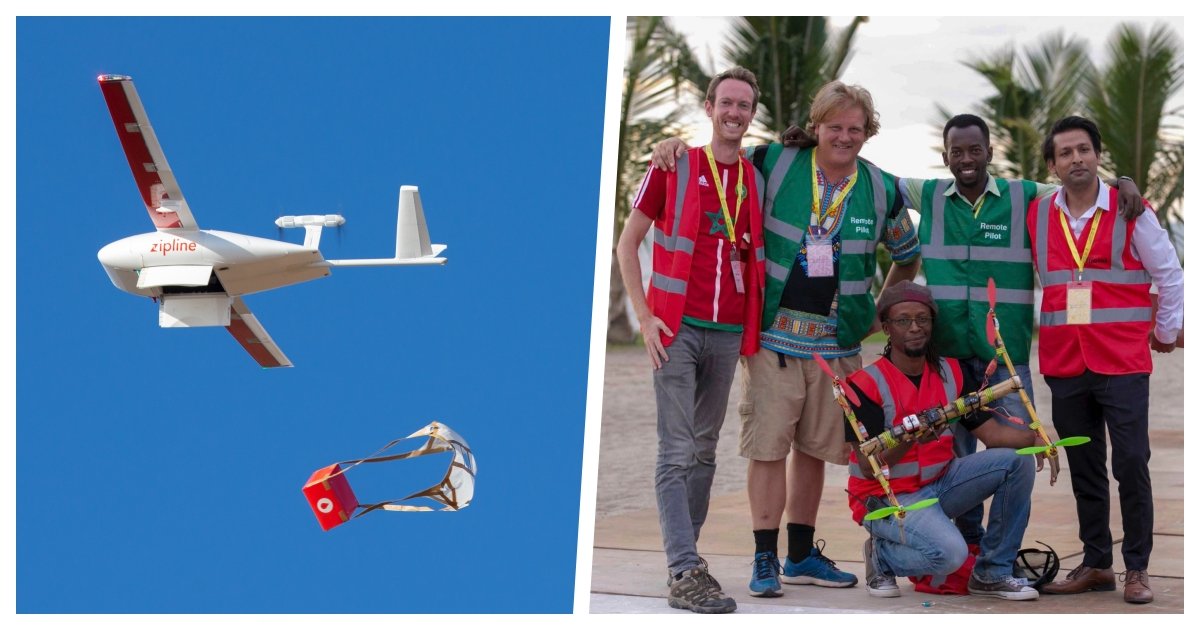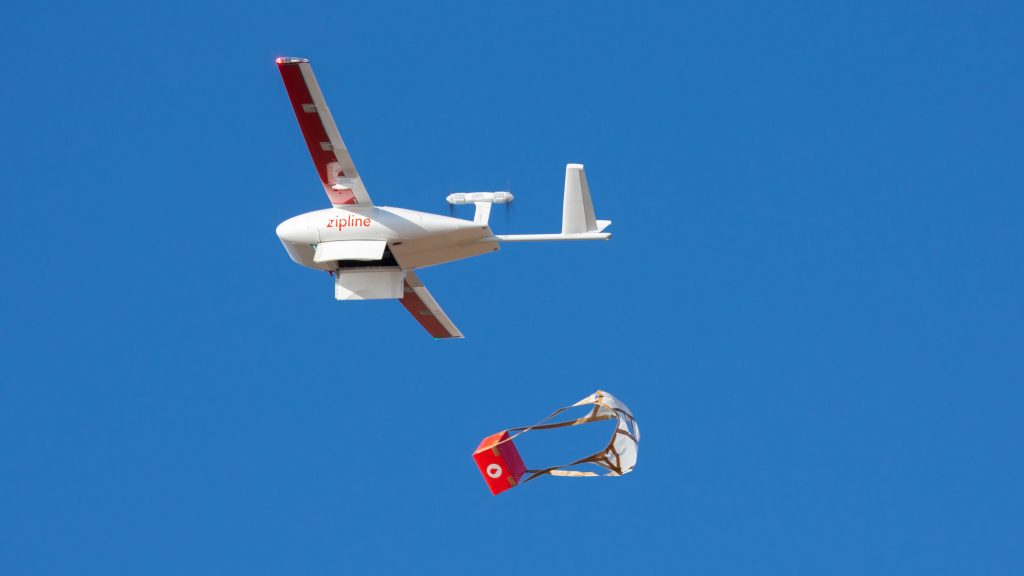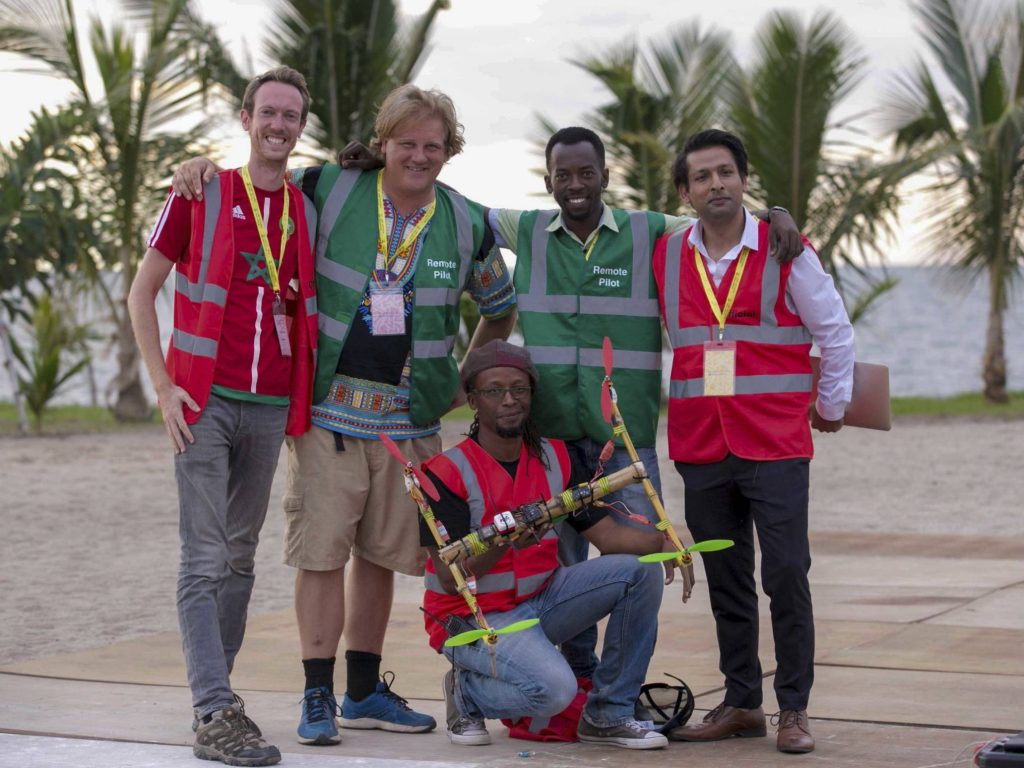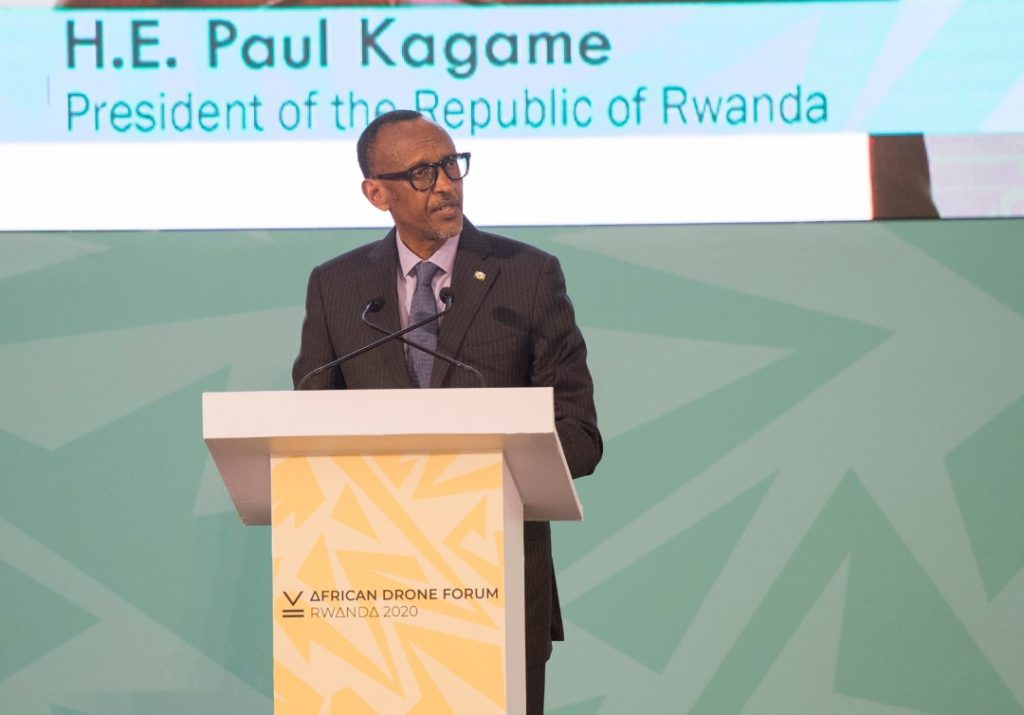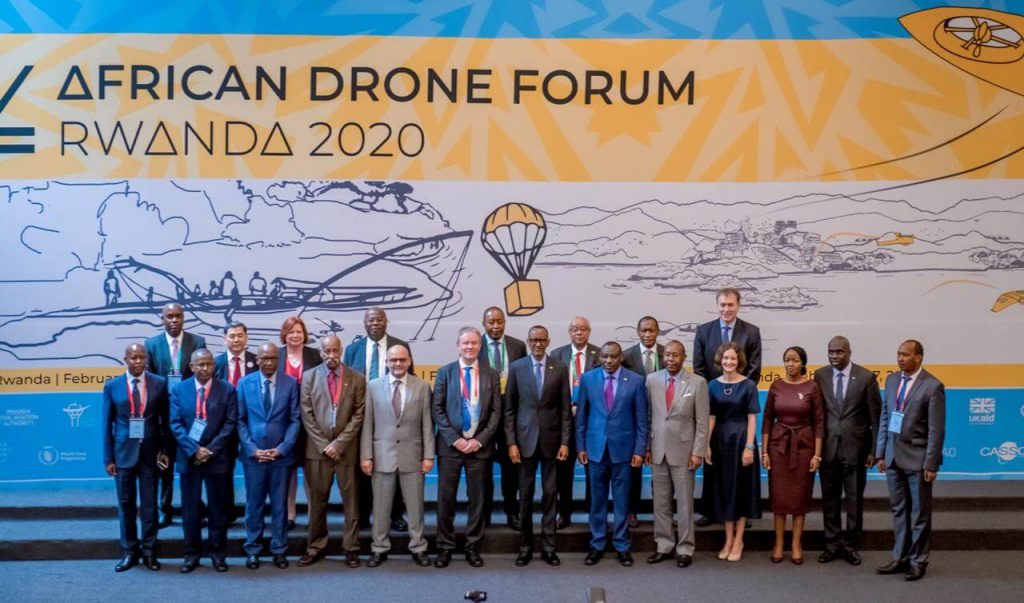UNICEF estimates that every year, more than 200,000 mothers die during childbirth in Sub-Saharan Africa. That accounts for a staggering 68% of all the maternal mortality cases.
The leading cause of death during childbirth in these regions is what doctors refer to as post-partum haemorrhage. In layman’s terms, it is loss of blood after childbirth.
Therefore, availability of blood transfusions is quite literally a matter of life and death for many, especially those in the rural areas where there are no formal medical facilities available in the vicinity.
People like Temie Giwa-Tubosun believe that drones may be a life-saving change for those people. That is why he has founded Lifebank. Lifebank is a company that delivers bloods to hospitals in Nigeria and surrounding countries. While most delivery is done via the traditional way, they are experimenting with drone deliveries.
Giwa-Tubosun is one of the individuals that are participating in the inaugural African Drone Convention. The convention was hosted by Rwanda. It is reflective of Rwandan President Paul Kagame’s interests in drone technology as a potential game changer for his country.
President Kagame has announced his plans to make Rwanda a middle-income country by 2050. Considering that 35% of the population is still under poverty, it is a bold goal. The Rwandan government believes that a rapid adaptation of technology could be the solution.
Not only does he want drones to fulfill various roles, President Kagame wants the drones to be made in Rwanda and flown by Rwandans in the near future.
According to the BBC, in the same way astronauts were the idolized occupation after the lunar landing, becoming a drone pilot has become the dreams of many Rwandan children.
As of now, the Rwandan government has proved their aspirations with action. In 2016, Rwanda became the first country in the world to allow full-scale drone delivery.
Experts say that the geography of Rwanda necessitates the usage of drones. A country with notoriously rugged terrains, road travel is extremely inefficient and even dangerous in many areas of Rwanda.
The biggest challenge that drone deliveries face is the economic efficiency of it. Currently, any revenue it generates is dwarfed by the cost of a single delivery – approximately $250 per delivery.
What are your thoughts on this story? Do you agree that drones be the much needed game changer to accelerate human development and economic growth in Sub-Saharan Africa? Share with us your thoughts in the comments and be sure to follow us on Facebook for more news like this one.
Replaced!


